My Summer of Love is a lulling, thorny fairytale about class, desire, and make-believe. In a drowsy Yorkshire valley, two girls from opposite worlds—Mona, a working-class drifter, and Tamsin, a well-heeled boarder home for the holidays—build a shimmering oasis of vows, games and lies. Paweł Pawlikowski films their “summer theatrics” with warmth and bite: it’s rapture until the mask slips.
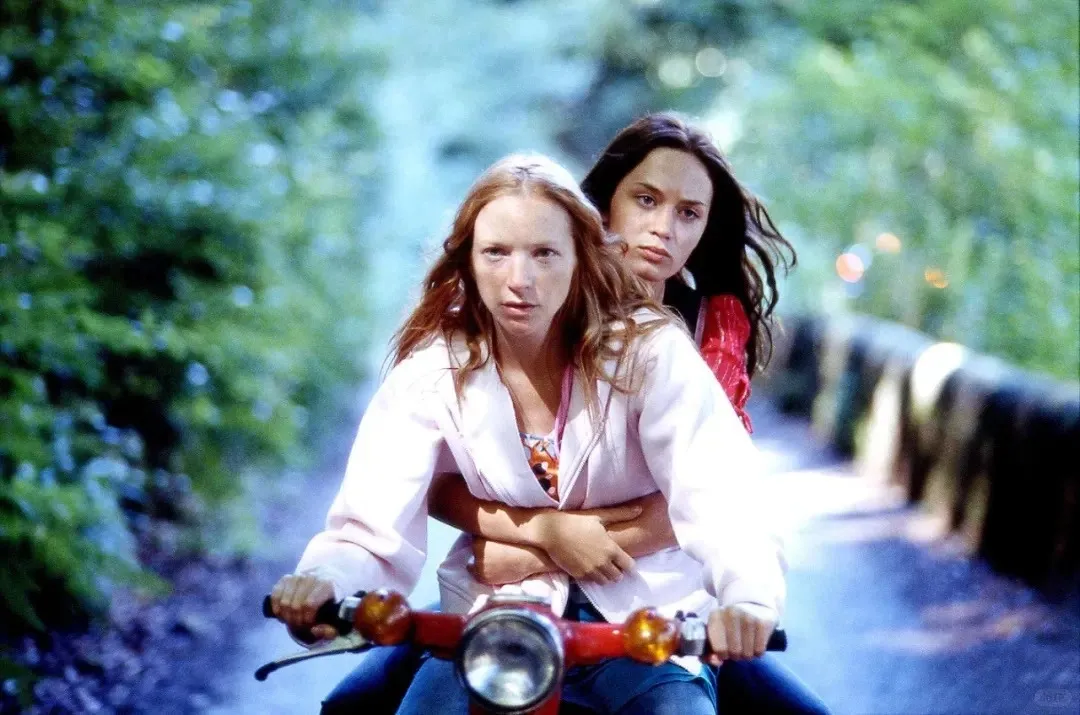
Sixteen-year-old Mona (Nathalie Press) is stuck above her family’s shuttered pub with her newly “born-again” brother Phil (Paddy Considine), who dreams of planting a gigantic hillside cross. Her dead-end affair fizzles; the moped won’t start; escape feels impossible—until Tamsin (Emily Blunt) rides in on horseback like a storybook apparition.
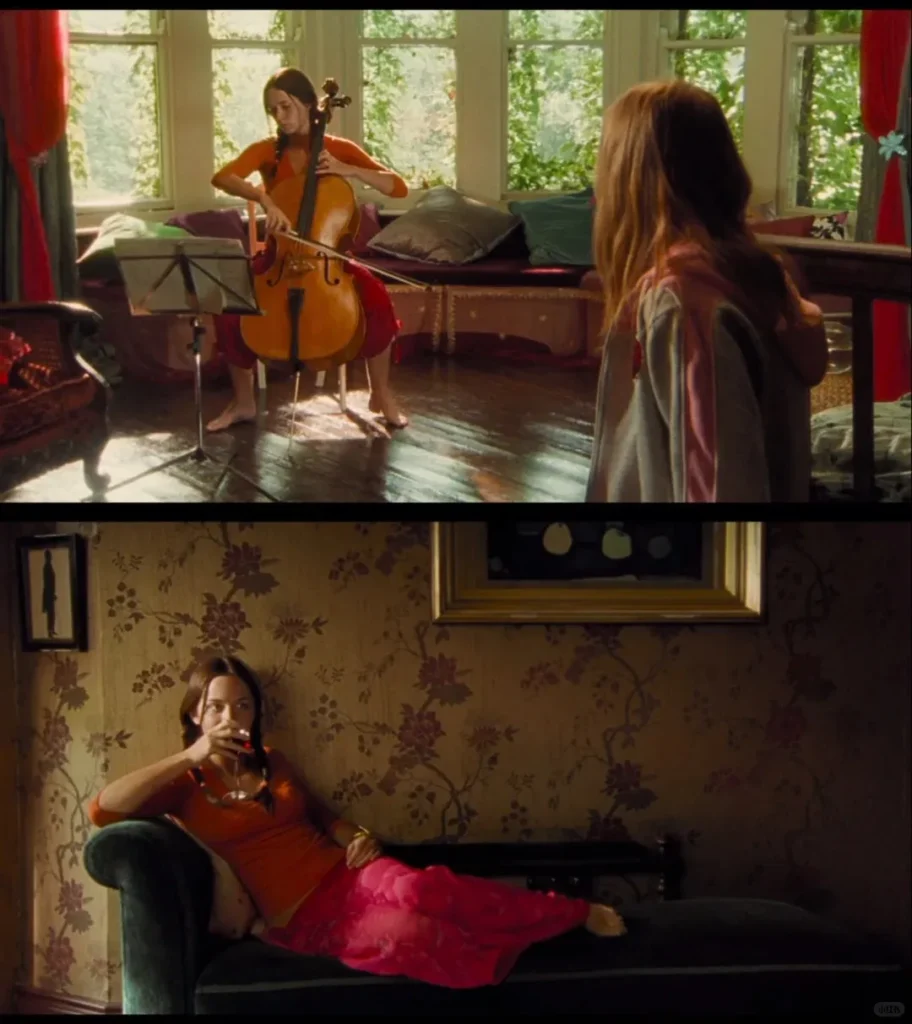
Tamsin plays cello, quotes Nietzsche and Saint-Saëns, and lives in a grand, creaking country house where conversation is polite but affection is missing. The girls swap secrets: Mona confesses restlessness, Tamsin confides a sister dead of anorexia. Friendship slides into romance—lake swims, wine-drunk dancing to Édith Piaf’s “La Foule,” midnight pranks, magic-mushroom confessions, a kiss that feels like the world beginning.
But Tamsin’s “truths” shift. Her apple-bite bravado, bonfire vows and careless provocations suggest performance more than sincerity. When Mona discovers the sister is very much alive—and that Tamsin treats their love as a summer role—the illusion collapses at the same lakeside where it started. Mona walks away changed: no saviors, no miracles; only herself.
My Summer of Love Cast
Charactor
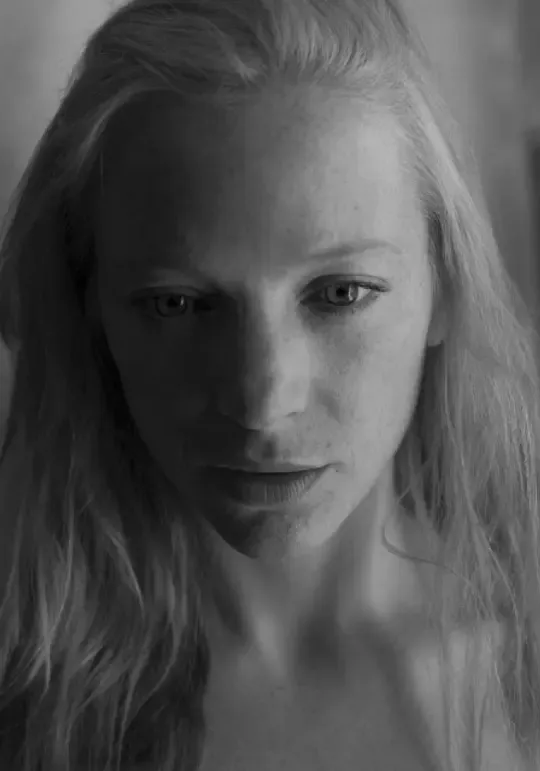
A sharp, restless girl who wants out—of the pub, the valley, the script.
Nathalie Press
Press’s naturalism lets humiliation, hope, and finally resolve land without speechifying.
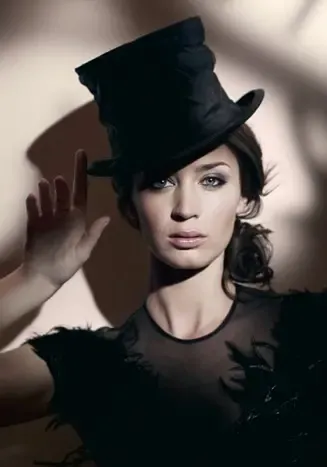
A posh chameleon who choreographs feelings the way she plays cello: exquisitely, then shuts the case.

Mona’s ex-con brother turned fervent believer, trying to rebuild meaning with sermons and symbols.
Director
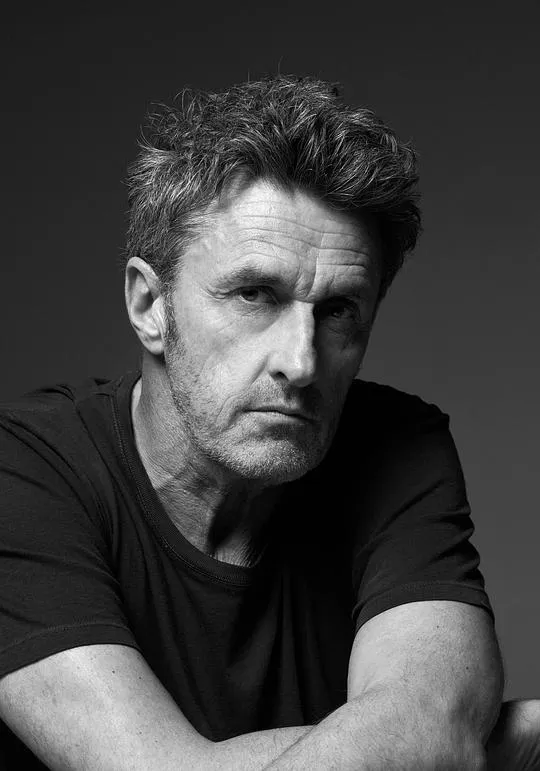
Paweł Pawlikowski
Pawlikowski (later of Ida and Cold War) favors ambiguity over verdicts. He treats faith, class, and teen desire as overlapping performances: costumes people wear to survive their worlds. The film asks who’s acting—and who stops.
BEST SCENES
📍 First kiss at the lake: a shy laugh, a slow lean, water glittering—desire without a safety net.
📍 “Crimes of passion are forgiven” night: Piaf’s “La Foule,” swirling bodies, the girls spinning toward a private myth.
📍 The bonfire vows: promises etched in smoke—thrilling because they’re fragile.
📍 Confrontation by the water: truth surfaces; love as game ends where it began.
My Summer of Love Review
Review
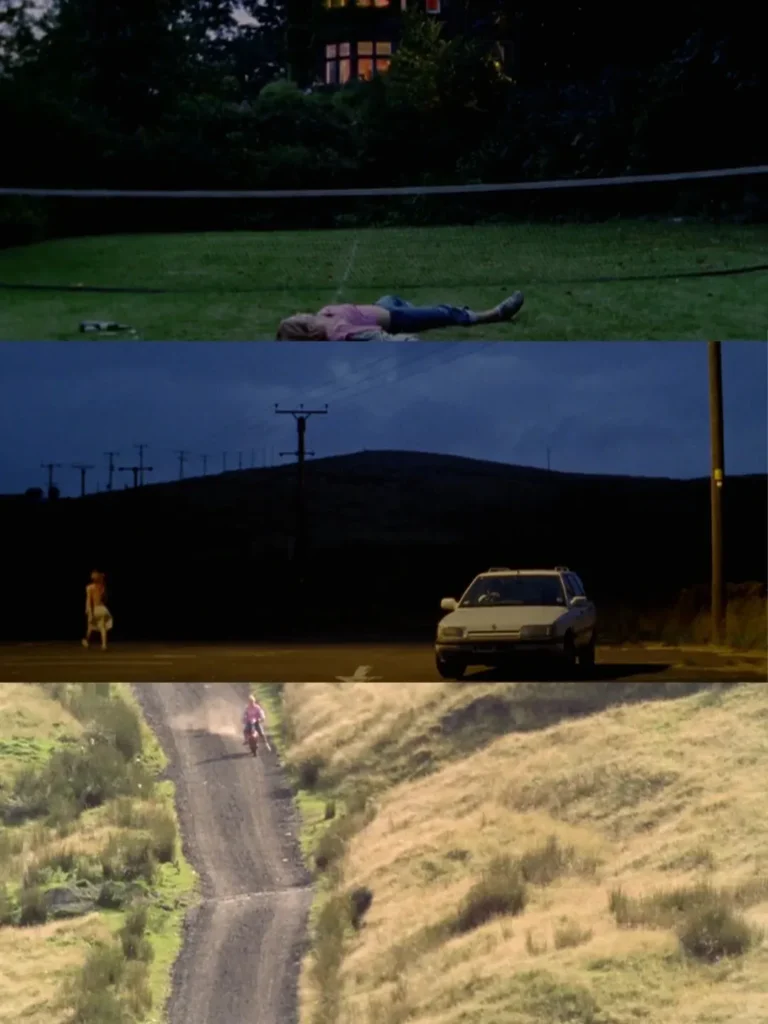
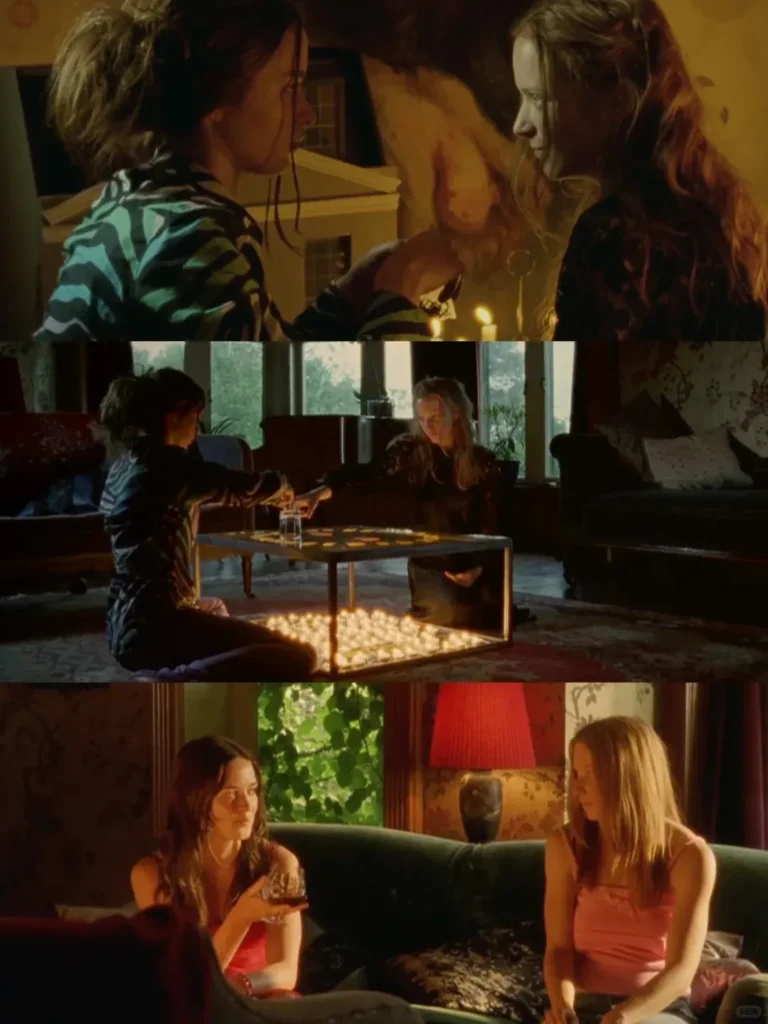
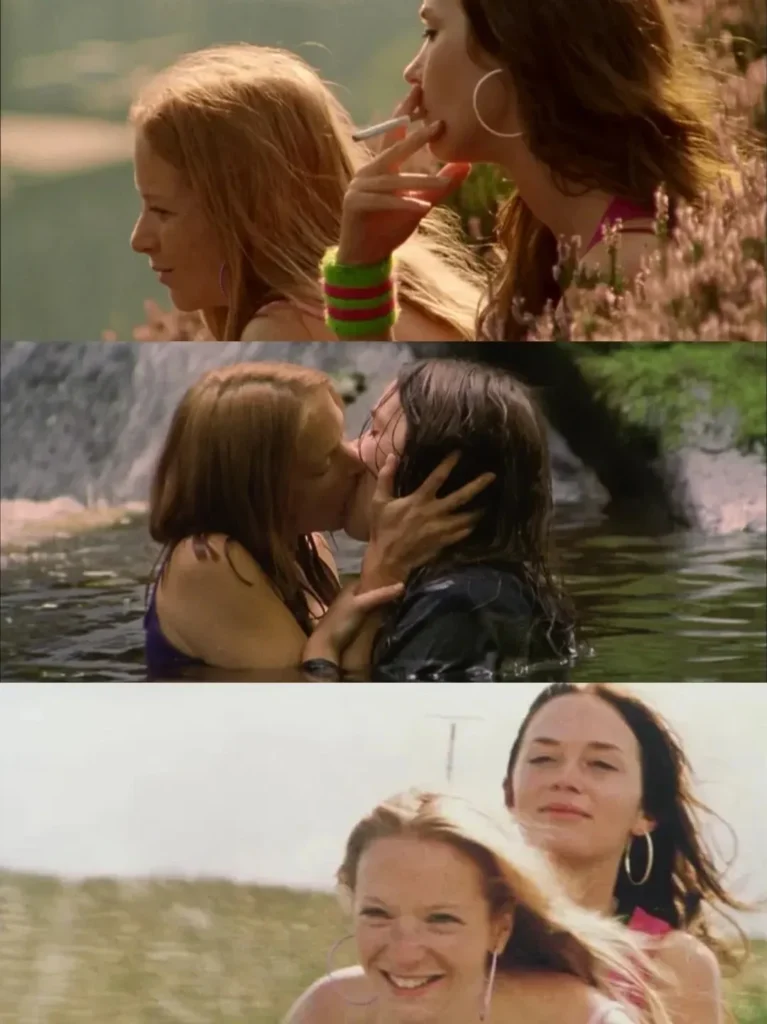
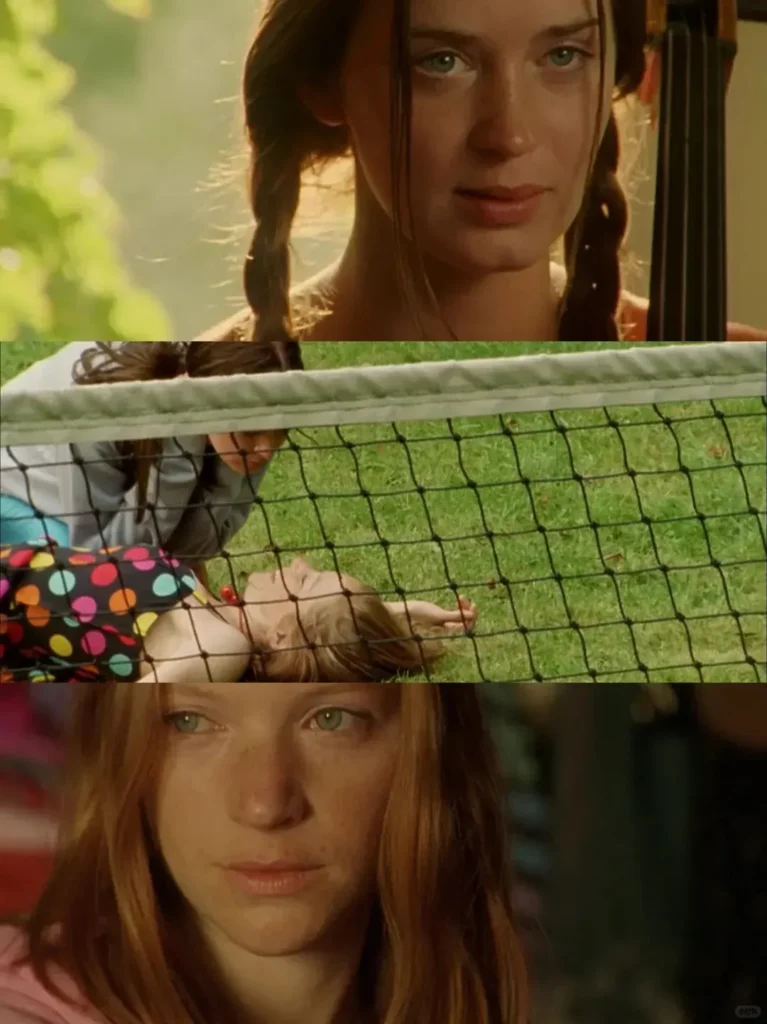
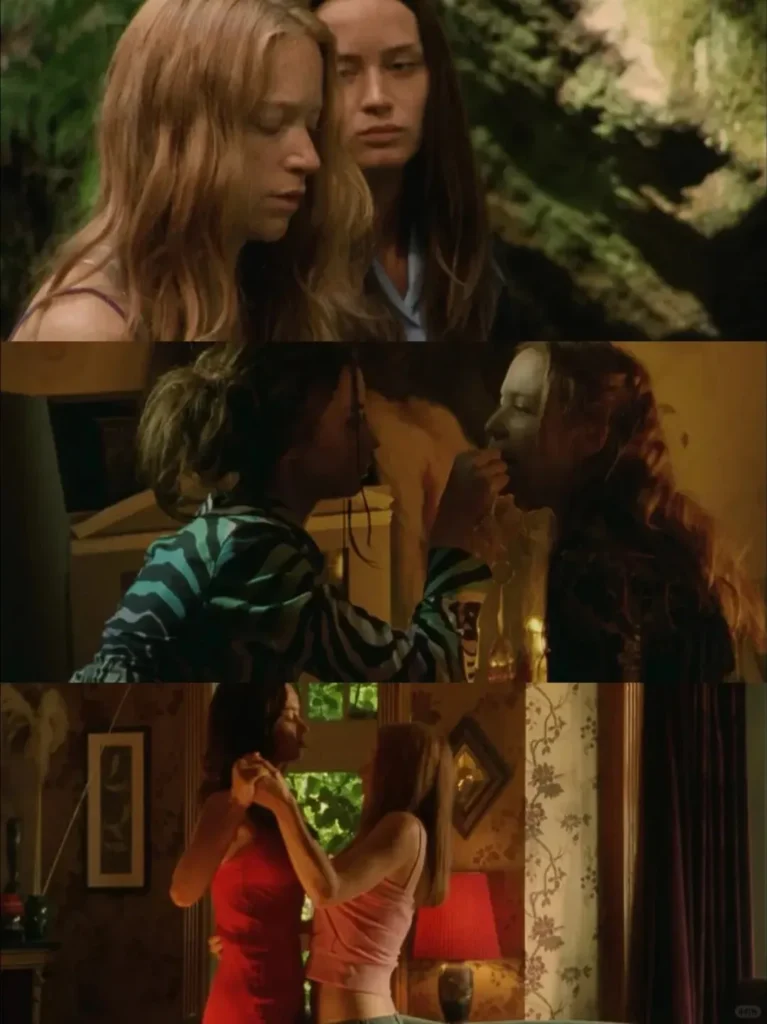
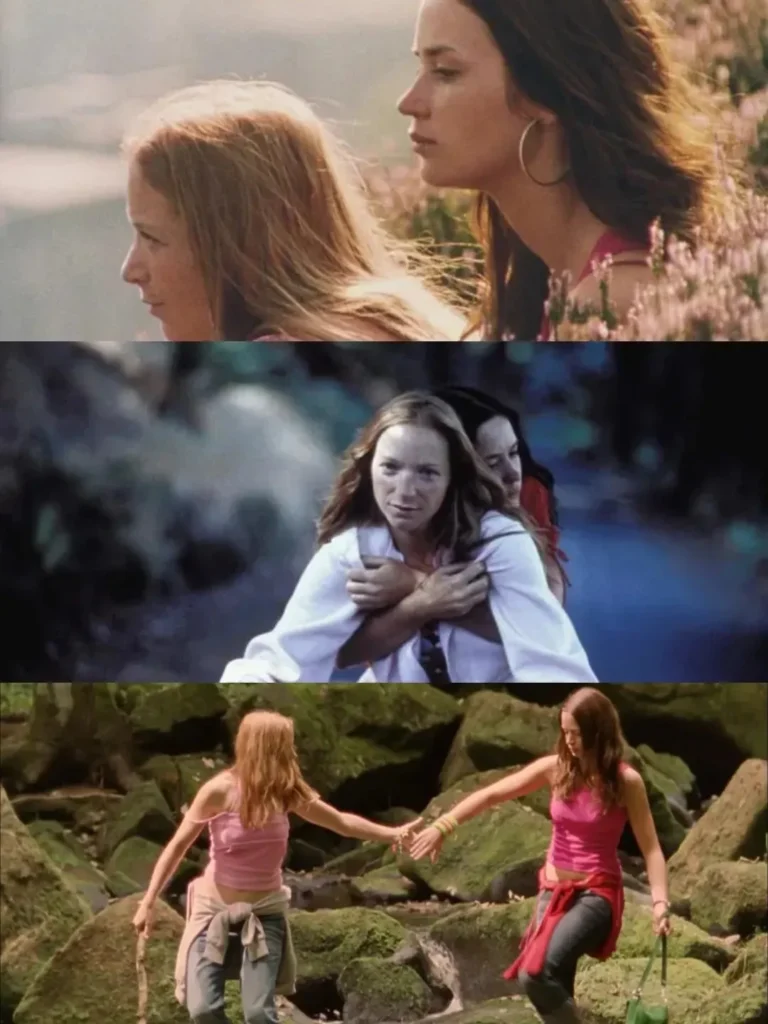
⭐ Story (4.5/5)
A slender plot with sharp teeth. The film studies how longing and class fantasy turn performance into “reality,” then lets that reality break. The late twist reframes everything without feeling gimmicky.
⭐ Acting (4.5/5)
Nathalie Press gives Mona a raw mix of need and pride; Emily Blunt (in a breakout turn) is mesmerizingly opaque—equal parts charm, cruelty, and boredom. Paddy Considine complicates the religious-zealot brother with bruised sincerity.
⭐ Chemistry (4.2/5)
The lake, the music, the secret errands—desire blooms in glances and dares. It’s intoxicating because it’s asymmetrical: one heart is all-in; the other is playing a part.
⭐ Production (4.3/5)
Golden fields and cool, blue interiors; a score that hums between sacred and secular; Piaf’s “La Foule” threading ecstasy and loss. The valley feels eternal, the house beautiful and hollow.
⭐ Ending (4.4/5)
No tidy closure—just a hard-earned clarity. Passion’s “crimes” might be forgiven in stories; in life, someone has to stop the performance. Mona does.
💬 My Take
This isn’t a “lesbian summer fluff” romance; it’s a study of unequal belief. Mona wants a life; Tamsin wants a story. The boarding-school polish, the country-house hush, the apple bite, the lies about a sister—everything about Tamsin screams control through invention. The film hurts because it understands the moment you realize the kiss you treasured was, for the other person, rehearsal.
Still, My Summer of Love is generous: it doesn’t mock first love or faith. It lets Mona learn the hardest lesson—no one is coming to save you—and walk away with her gaze steady. That’s a coming-of-age worth the sting.
My Summer of Love Information
Film Festival Recognition
58th British Academy Film Awards (BAFTA) – Best British Film (Winner) – Paweł Pawlikowski / Chris Collins / Tanya Seghatchian
